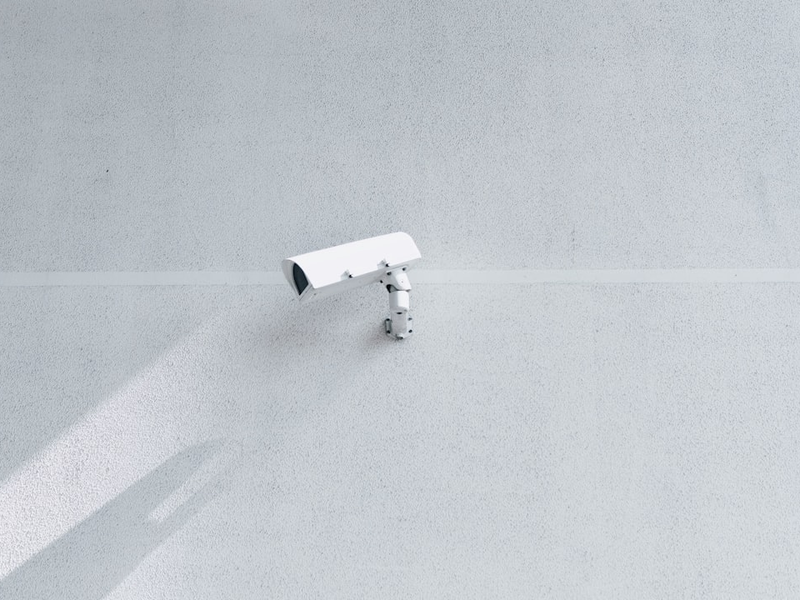AI Detection Tools Are Turning Students into Suspects on Campus

Photo by Siarhei Horbach on Unsplash
Imagine being a college student today, where every assignment you submit could potentially be scrutinized by an AI-powered plagiarism detector that might wrongly accuse you of cheating. This is the reality for thousands of students across California’s higher education system.
Turnitin, a controversial tech company, has been aggressively marketing its AI detection software to universities, charging millions of dollars for a tool that’s frequently inaccurate. The company’s database now contains 1.9 billion student papers, which it uses to develop and market its detection technology.
Students are caught in a challenging predicament. Tools like Grammarly, spell-checkers, and even Microsoft Word’s writing suggestions now use AI algorithms, blurring the lines of what constitutes academic dishonesty. Some students report adding intentional typos to their work to distinguish it from AI-generated text, while others run their papers through multiple detection tools before submission.
Research reveals disturbing patterns of bias in these detection systems. Black students are twice as likely to have their work falsely flagged as AI-generated compared to white and Latino peers. Non-native English speakers also face higher risks of incorrect accusations due to their writing style.
Experts like Robbie Torney from Common Sense Media argue that universities would be better served investing in clear AI usage guidelines and professor training, rather than relying on surveillance technologies. Many educators, including Jesse Stommel from the University of Denver, believe these tools erode trust between students and faculty.
The financial implications are staggering. California state universities have collectively spent over $6 million on Turnitin since 2019, with some individual campuses paying more than $100,000 annually. This massive expenditure comes despite the tool’s limited effectiveness and potential to harm student privacy.
As AI continues to evolve, the academic integrity landscape remains uncertain. Students are left navigating a complex terrain where technological innovation meets institutional suspicion, hoping their genuine academic efforts aren’t mistaken for algorithmic deception.
AUTHOR: cgp
SOURCE: CalMatters
























































